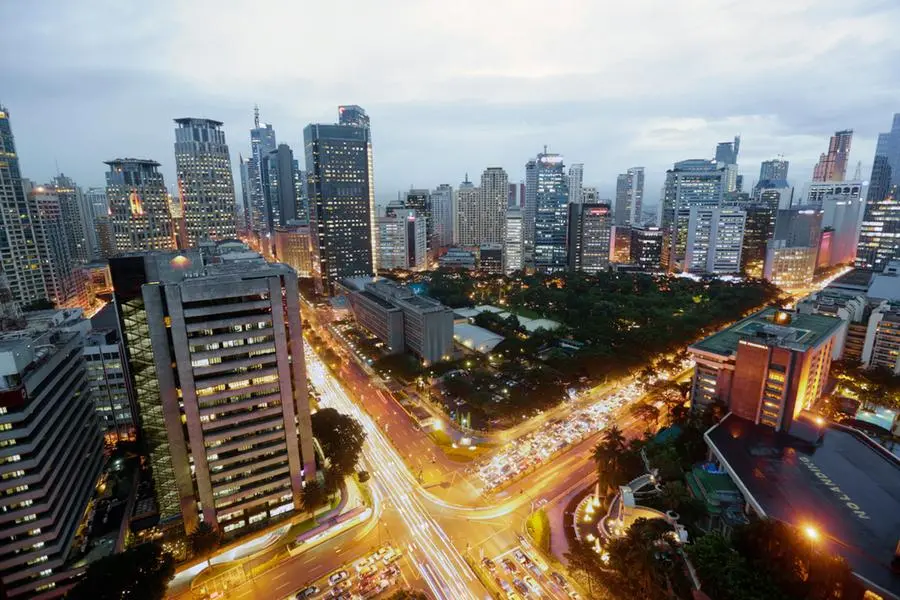PHOTO
The exposure of Philippine banks and trust entities to the volatile property segment inched up to 20.31 percent as of end-March from 20.17 percent as of end-December last year, amid higher non-performing real estate loans.
However, the latest figure was lower than the 21.08 percent in the same period in 2023, preliminary data from the Bangko Sentral ng Pilipinas (BSP) showed.
Based on central bank data, investments and loans extended by the banking industry to the property sector declined by 1.9 percent to P3.09 trillion in end-March from P3.15 trillion in end-2023.
Lending slipped by 0.7 percent to P2.72 trillion from P2.74 trillion in the previous quarter. Real estate investments in debt and equity securities fell by 7.6 percent to P379.5 billion from P410.7 billion.
Commercial real estate loans went down by 5.6 percent to P1.69 trillion from P1.73 trillion, while residential real estate loans inched up to P1.02 trillion from P1.01 trillion.
Past due real estate loans inched up by 1.1 percent to P136.8 billion in March from P135.3 billion seen in December 2023.
Past due commercial real estate loans rose by 7.8 percent to P43 billion from P39.9 billion, while past due residential real estate loans went down by 1.6 percent to P93.8 billion from P95.3 billion.
As borrowers continue to grapple with high interest rates, the gross non-performing real estate loans of banks increased by 2.2 percent to P110.8 billion from P108.4 billion.
This translated to a higher gross non-performing real estate loan ratio of 4.07 percent in end-March from the end-2023 level of 3.96 percent.
At the height of the COVID-19 pandemic in August 2020, the BSP raised the real estate loan limit of big banks to 25 percent from 20 percent.
To ensure that banks' exposure to the property sector remains manageable, the BSP continues to maintain prudential measures, including the real estate limit.
These measures also include the heightened surveillance of banks' real estate and project finance exposures, and the real estate stress test thresholds for universal and commercial banks as well as thrift banks.
Housing prices continued to increase year on year in the Philippines as the latest Residential Real Estate Price Index of the BSP rose by 6.5 percent to 161.17 in the first quarter from 154.1 in the same quarter in 2023.
However, the latest growth rate was slower than the 6.5-percent expansion recorded in the fourth quarter of 2023. It was also the slowest since the 2.6-percent rise in the second quarter of 2022.
Copyright © 2022 PhilSTAR Daily, Inc Provided by SyndiGate Media Inc. (Syndigate.info).





















